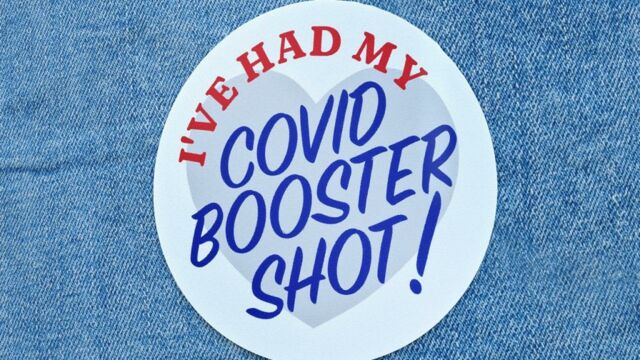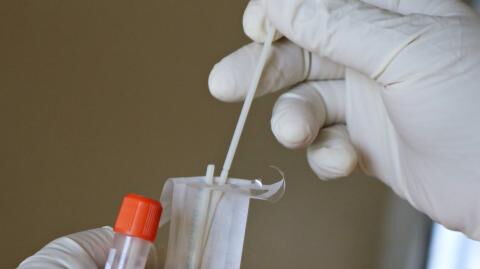Thanks to the spread of the infectious Omicron variant, more people are testing positive than ever before. People who are unvaccinated and double-jabbed have been falling victim to the new mutation, but the World Health Organisation has said that it is particularly dangerous for those who have not been vaccinated yet.
Discover our latest podcast
In light of the new strain, authorities are now desperately urging everyone to get vaccinated, if they haven't already, and to also get their booster jabs to strengthen their immunity. But now that many fully vaccinated people are testing positive at a time when they should be getting their third jab, there is another question that is on everyone's mind... how soon can you get the booster jab after getting infected by COVID?
Booster jab after COVID
According to experts at Houston Methodist, you can get your booster jab as soon as your COVID symptoms have subsided. But to stay on the safe side, they are suggesting that you wait until after your mandatory isolation period is over. Dr. Robert Phillips, execute VP and chief physician executive at Houston Methodist said:
After testing positive for COVID-19, you will need to postpone getting vaccinated until your symptoms have resolved and you've met the criteria for discontinuing isolation.
This timeline can vary by person, depending on your symptom severity and the treatments you may have received.
The same advice has been given by the Centers for Disease Prevention and Control (CDC) and they added that:
Those without symptoms should also wait until they meet the criteria before getting vaccinated. This guidance also applies to people who get COVID-19 before getting their second dose of vaccine.
Exception to the rule
There is however an exception to the guidance. Dr. Philips mentions that anyone who has had a severe infection that required ‘monoclonal antibodies or convalescent plasma’ treatment needs to wait 90 days. He explained:
People who received either of these antibody treatments will need to wait about three months before getting vaccinated.
The reason for this is that the antibodies in these treatments might hinder you from developing a complete immune response towards the vaccine.















